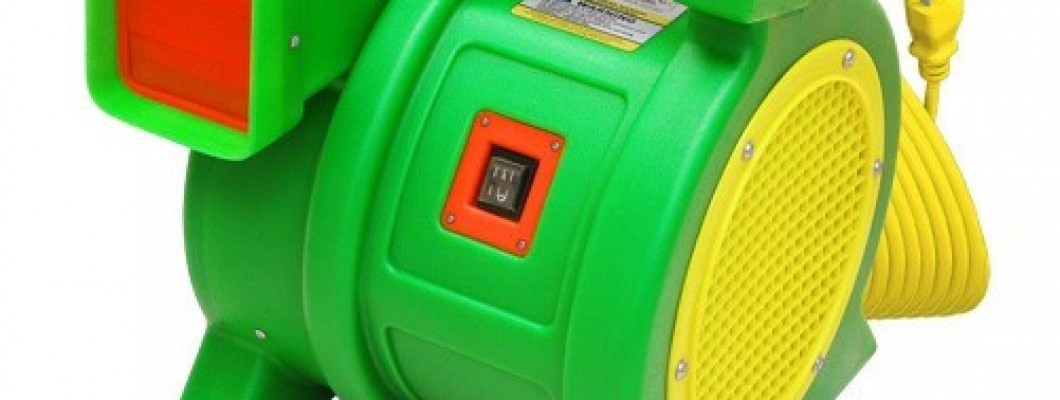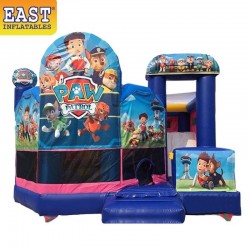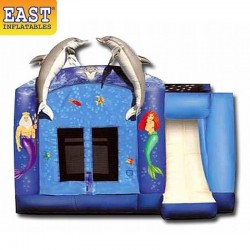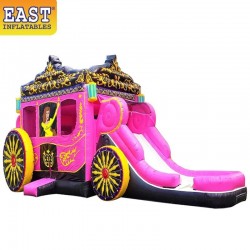
Bounce houses are a popular attraction at many events, providing hours of entertainment for children. A key component of these inflatables is the blower, which keeps the structure filled with air. However, a common concern is whether these blowers can get wet. This article explores the risks and provides guidelines for managing bounce house blowers in wet conditions.
Understanding the Risks
Electrical Hazards
- Electrical Shock: Water is an excellent conductor of electricity. If a blower gets wet, there is a significant risk of electrical shock to anyone handling it.
- Short Circuits: Water can cause short circuits in the blower's motor or wiring, leading to malfunction or permanent damage.
- Fire Hazards: In severe cases, water exposure can cause electrical fires.
Equipment Damage
Water can severely damage the internal components of a blower, such as the motor, wiring, and fan mechanisms. This damage can reduce the blower’s efficiency or render it unusable, necessitating expensive repairs or replacements.
Manufacturer Guidelines
Most manufacturers explicitly state that their blowers should not be exposed to water. Ignoring these guidelines can void warranties and create unsafe operating conditions.
Best Practices for Using Bounce House Blowers
Monitor Weather Conditions
Always check the weather forecast before setting up a bounce house. If rain is expected, it is best to postpone the event or have an indoor alternative ready.
Use Protective Measures
- Shelter the Blower: Use a tarp, tent, or custom cover to protect the blower from water. Ensure the cover does not obstruct airflow or cause overheating.
- Elevate the Blower: Place the blower on a platform or sturdy surface to prevent water from pooling around it.
Immediate Action for Wet Blowers
- Unplug the Blower: Disconnect it from the power source to prevent electrical shock or further damage.
- Dry Thoroughly: Allow the blower to dry completely before using it again, possibly requiring opening the casing to ensure no moisture remains inside.
- Professional Inspection: Have the blower inspected by a professional to ensure it is safe to use.
Safety Tips for Event Organizers
- Backup Plans: Always have a backup plan for inclement weather, such as moving the event indoors or providing alternative entertainment options.
- Educate Staff: Ensure that anyone setting up or operating the bounce house is aware of the risks associated with water and knows how to handle the equipment safely.
- Regular Maintenance: Conduct regular maintenance checks on all bounce house equipment, including blowers, to ensure they are in good working condition.
Bounce house blowers are essential for providing fun and safe inflatable entertainment but are not designed to withstand wet conditions. Exposure to water can lead to severe electrical hazards and equipment damage. By following best practices for weather monitoring, protective measures, and immediate action for wet blowers, you can ensure the safety and longevity of your bounce house equipment. Always adhere to manufacturer guidelines and prioritize safety to keep the fun going at your events.




Leave a Comment